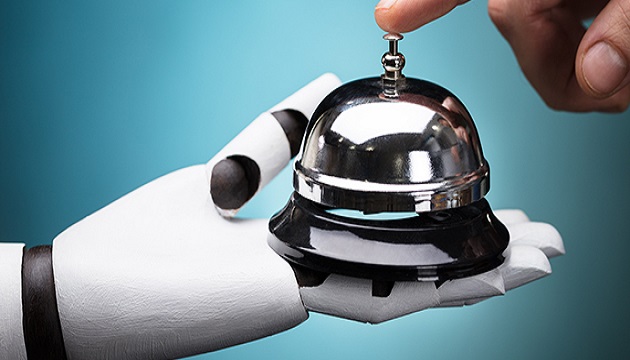One of the core beliefs of the hospitality industry is to provide exceptional guest experiences and recent years have shown how technology can help hotels achieve this at scale and in a personalised manner. Increasingly, hotels have started investing in personalisation and AI technologies that take guess-work out of the equation and automate the entire process of creating personalised guest experiences.
Legacy technologies have started to give way to new and innovative technologies that will help the hospitality industry exceed guest expectations.It is seen that increasing number of hotels recognize this reality, and begin to integrate technology with the service they provide to deliver a better guest experience.
The advantages of cloud PMS, guest experience management platforms and even reputation management software versus those of on-premise solution is no longer debateable. In addition, cloud systems connect with each other more easily and can help hotels make data-backed smart decisions instead of relying on fragmented data of disparate systems.
Although technologies like PMS, Guest Experience Management Platforms, Reputation Management Platforms and CRMs can be expensive on cloud than their on-premise versions, the long term results of these systems cannot be denied. Reduced costs, operational efficiency and a smoother experience for guests are just a few of the benefits of updated tech systems.
Reputation management software, in particular, are getting AI upgrades that in the coming years would help hostels get more accurate reporting on voice of customer and advanced NLP models that will allow hotels to zero-in on their customer experience and on the experience offered by their competitors.
With the number of millennial and gen Z travellers on the rise, integrating technology into the guest journey has never been more important. A study conducted by oracle showed that 94% of business travellers and 80% of leisure travellers appreciated the ability to request in-room services and message hotel staff using their own smartphones. 38% of guests chose to use tech platforms like a hotel concierge to search for food and beverage options, activities and more instead of searching the internet, or asking recommendations from hotel staff.
In 2020, there are a few technologies that might start receiving wider adoption than in 2019. A few of these include In-room voice activated technology, mobile key access, guest experience platforms, in-room tablets and AI powered CRM platforms. All of these technologies have a common goal – providing a better, more convenient and seamless guest experience.
Statistics like these clearly show that guests are increasingly expecting technology to be integrated within their stay experience at a property. Moreover, millennials have a decidedly digital approach to purchasing behaviour, and this demand is a primary driving force behind the need for business to adopt relevant technologies to cater to these generations of travellers.
Guest expectations have also changed dramatically in the past few years. Earlier, guest expectations were centred on basic needs like clean rooms, good value, good property location etc. Now, guest expectations include the need for an experience rather than a service, the ability to personalize their stay, privacy of data and more. A standardized travel experience is no longer a priority for most travellers – they want their trips to resonate on a deeper emotional level. These factors are already driving technology adoption in the hospitality industry, and will continue to do so in 2020.
While technology will continue to evolve for the hospitality industry, and increase efficiency and revenue, hotels need to start being future ready so they can continue to deliver exceptional experiences to their guests.








